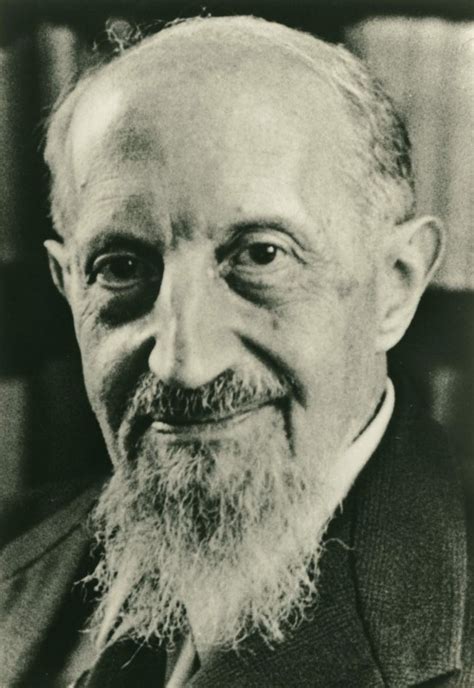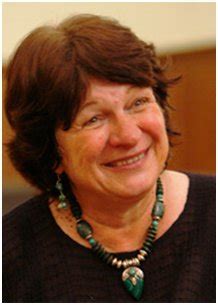A Quote by Maria Montessori
Education demands, then, only this: the utilization of the inner powers of the child for his own instruction.
Quote Topics
Related Quotes
EDUCATION, n. The bringing up, as of a child; instruction; formation of manners. Education comprehends all that series of instruction and discipline which is intended to enlighten the understanding, correct the temper, and form the manners and habits of youth, and fit them for usefulness in their future stations. To give children a good education in manners, arts and science, is important; to give them a religious education is indispensable; and an immense responsibility rests on parents and guardians who neglect these duties.
Prenatal education can only be an unconscious result of what the parents, particularly the mother, do. If, until the child is born, the mother acts in such a way that she expresses what is morally and intellectually correct, then what she accomplishes in her own continuing education will transfer to the child.
Adults look upon a child as something empty that is to be filled through their own efforts, as something inert and helpless for which they must do everything, as something lacking an inner guide and in constant need of inner direction. . . . An adult who acts in this way, even though he may be convinced that he is filled with zeal, love, and a spirit of sacrifice on behalf of his child, unconsciously suppresses the development of the child's own personality.
I believe that our own experience instructs us that the secret of Education lies in respecting the pupil. It is not for you to choose what he shall know, what he shall do. It is chosen and foreordained, and he only holds the key to his own secret. By your tampering and thwarting and too much governing he may be hindered from his end and kept out of his own. Respect the child. Wait and see the new product of Nature. Nature loves analogies, but not repetitions. Respect the child. Be not too much his parent. Trespass not on his solitude.
I believe that the school is primarily a social institution. Education being a social process, the school is simply that form of community life in which all those agencies are concentrated that will be most effective in bringing the child to share in the inherited resources of the race, and to use his own powers for social ends. I believe that education, therefore, is a process of living and not a preparation for future living.
Education is identical with helping the child realize his potentialities. The opposite of education is manipulation, which is based on the absence of faith in the growth of potentialities and the connection that a child will be right only if the adults put into him what is desirable and suppress what seems to be undesirable.
High SQ demands the most intense personal integrity. It demands that we stand open to experience, that we recapture our ability to see life and others afresh, as though through the eyes of a child, to learn how to tap into our intuition and visualization, as a powerful means of using our inner knowing to “make a difference.” It demands that we cease to seek refuge in what we know and constantly explore and learn from what we do not know. It demands that we live the questions rather than the answers.
In Burma, we need to improve education in the country - not only primary education, but secondary and tertiary education. Our education system is very very bad. But, of course, if you look at primary education, we have to think in terms of early childhood development that's going back to before the child is born - making sure the mother is well nourished and the child is properly nurtured.
Reverence for life . . . does not allow the scholar to live for his science alone, even if he is very useful . . . the artist to exist only for his art, even if he gives inspiration to many. . . . It refuses to let the business man imagine that he fulfills all legitimate demands in the course of his business activities. It demands from all that they should sacrifice a portion of their own lives for others.


































